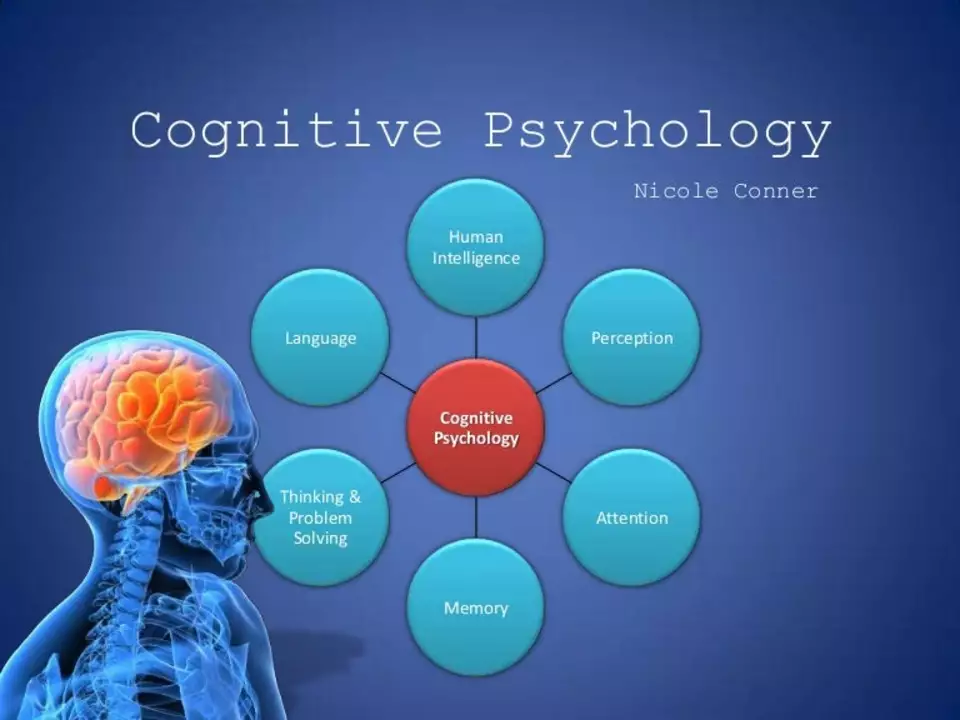Psychological Impact: What It Means and Why It Matters
Have you ever wondered how life events really shape your mind and emotions? The psychological impact is all about how experiences—especially tough ones like trauma, loss, or chronic illness—affect your mental state. Understanding this helps you see why certain feelings, behaviors, or struggles pop up and how to deal with them better.
Take childhood trauma, for example. It’s not just about the past; those early experiences can leave lasting marks that influence your mood, relationships, and health long after. Research shows that trauma can affect brain chemistry and stress responses, making people more vulnerable to issues like depression or anxiety.
How Psychological Impact Shows Up
Psychological impact doesn’t always look the same for everyone. Some might feel sad, numb, or withdrawn, while others may get irritable or anxious. It can sneak up in unexpected ways—difficulty sleeping, trouble concentrating, or even physical symptoms like headaches. Recognizing these signs early can make a big difference.
For instance, someone coping with chronic health conditions might experience constant stress, which can worsen symptoms or slow recovery. This link between mind and body is powerful, and addressing psychological impact can improve overall health outcomes.
Ways to Manage and Heal
So, what can you do if psychological impact is affecting your life? Start by acknowledging your feelings without judgment. Talking about your experience with friends, family, or a counselor can relieve a lot of pressure.
Self-care routines, like exercise, good sleep habits, and mindfulness, can also help regulate emotions and reduce stress. Sometimes, professional help like therapy or medication is needed, and that’s okay—it’s about finding what works for you.
Remember, understanding psychological impact is not about labeling or blaming yourself but about gaining control and improving your wellbeing. Life throws challenges at us, but how we respond makes a huge difference.

